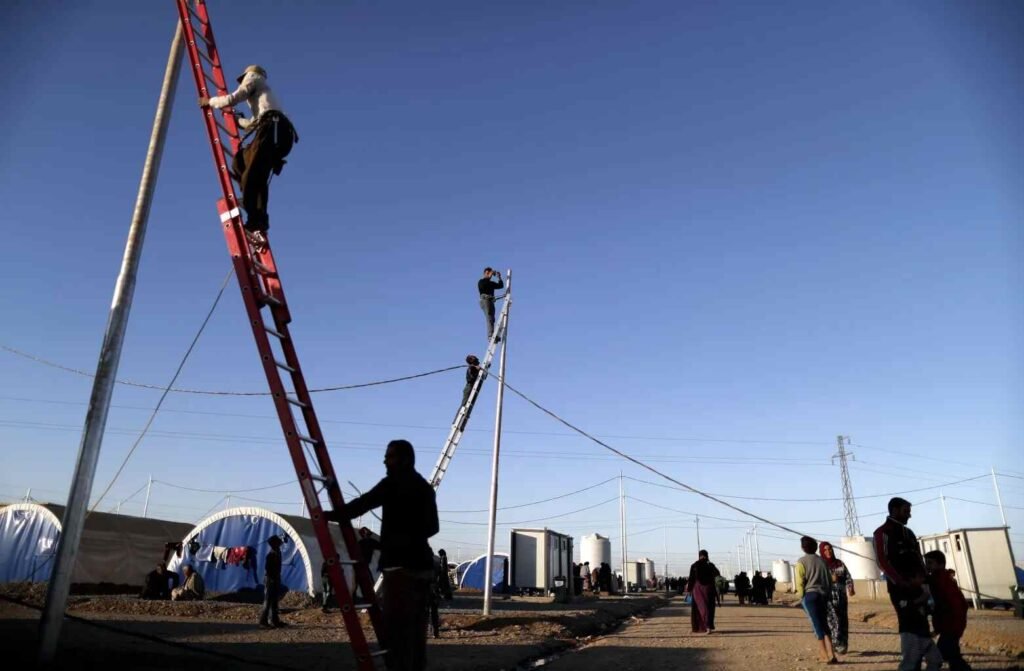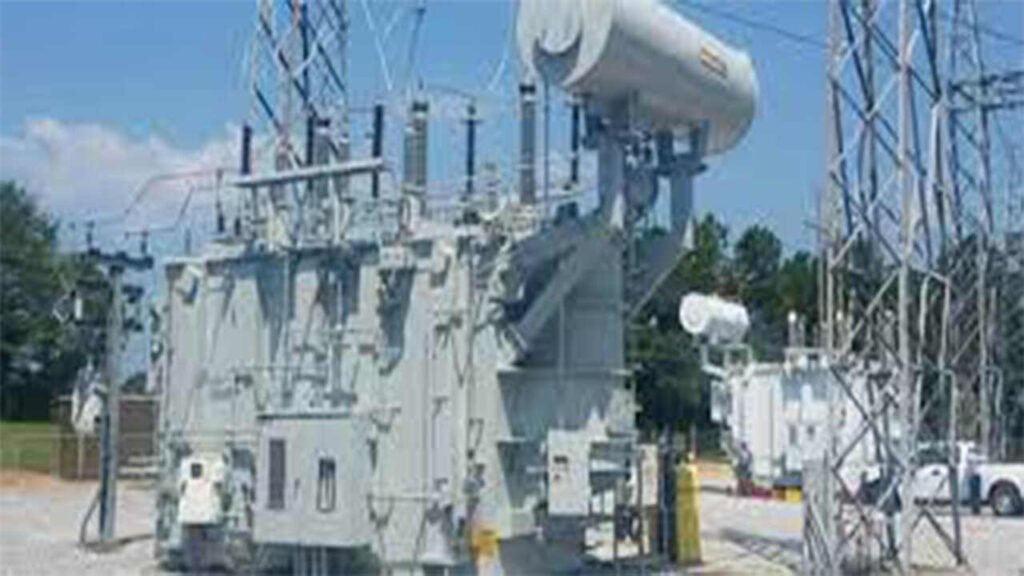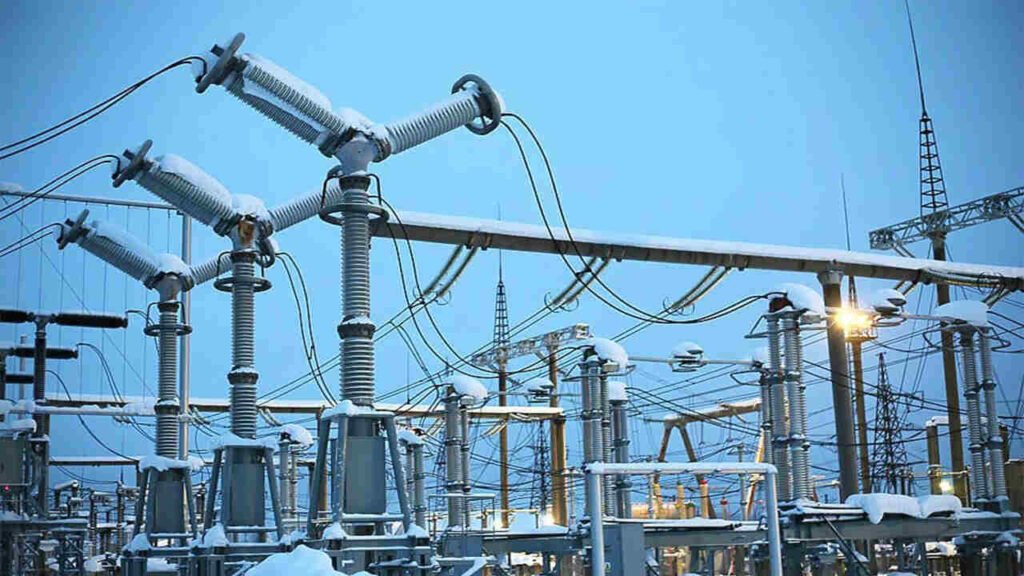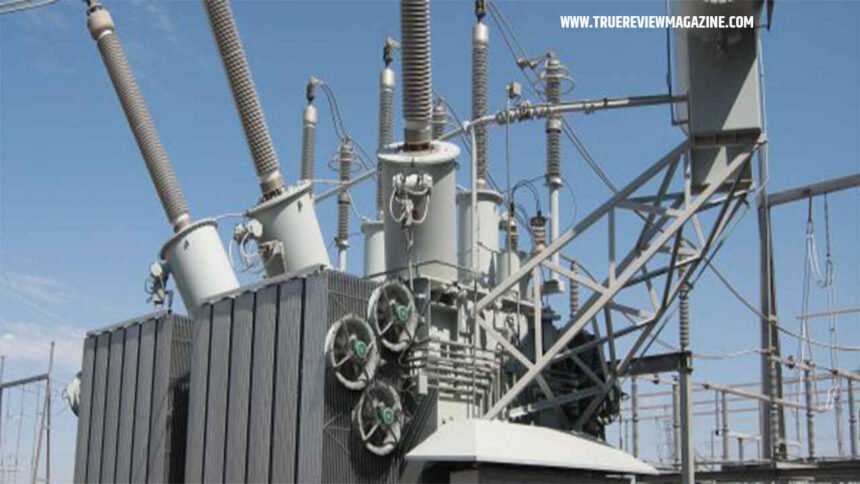The Kurdistan Region is currently managing a decrease in electricity generation due to ongoing maintenance at two power stations, coinciding with heightened demand brought on by dropping temperatures.
The electricity ministry confirmed that two stations in Erbil province’s Khabat district have been undergoing repairs since November 15, temporarily reducing the system’s electricity output by 300 megawatts. These stations are slated to resume operations by the month’s end.
As temperatures dip to as low as four degrees Celsius in recent days, concerns about the power supply have risen. Sulaimani Governor Haval Abubakar expressed discontent with the state of the national power grid, noting his province’s receipt of only seven hours of electricity within a 24-hour period. He stressed the need for urgent resolution and a comprehensive solution.

Abubakar highlighted that Sulaimani and Halabja provinces collectively receive 33.5 percent of the Region’s electricity. Despite the Kurdistan Region’s capacity to generate 3,800 megawatts of electricity, meeting the 24-hour demand remains challenging due to capacity limitations and financial constraints affecting power stations.
Initiatives aiming to ensure continuous electricity supply to specific neighborhoods and businesses via new meter installations have faced criticism due to a significant price hike. This has led to frustration among consumers, particularly considering the prolonged delay in paying salaries to over a million public employees for nearly three months.
During interruptions in the national supply, individuals turn to private diesel-fueled generators despite their high costs and environmental impact.

Additionally, the issue of the government supplying electricity to customers in disputed areas claimed by both Baghdad and Erbil remains contentious.
In conclusion
the confluence of maintenance work at power stations, increased demand during colder temperatures, and regional concerns have placed a spotlight on the challenges facing Kurdistan’s electricity supply. The need for swift resolutions, comprehensive solutions, and improved infrastructure becomes evident amid the struggle to meet the growing demand. Addressing these issues not only ensures a reliable power supply but also underscores the significance of sustainable energy management in the region’s future development.

The region generates around 3,800 megawatts but struggles to provide uninterrupted power due to various factors affecting infrastructure and financial constraints. Efforts to improve the system, such as infrastructure upgrades and neighborhood-specific initiatives, continue. However, issues like power outages, regional discrepancies, and reliance on private generators persist. Disputes over electricity provision in contested areas add further complexity to the region’s power supply dynamics.
Read more: https://truereviewmagazine.com/










